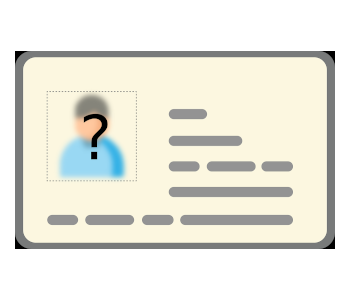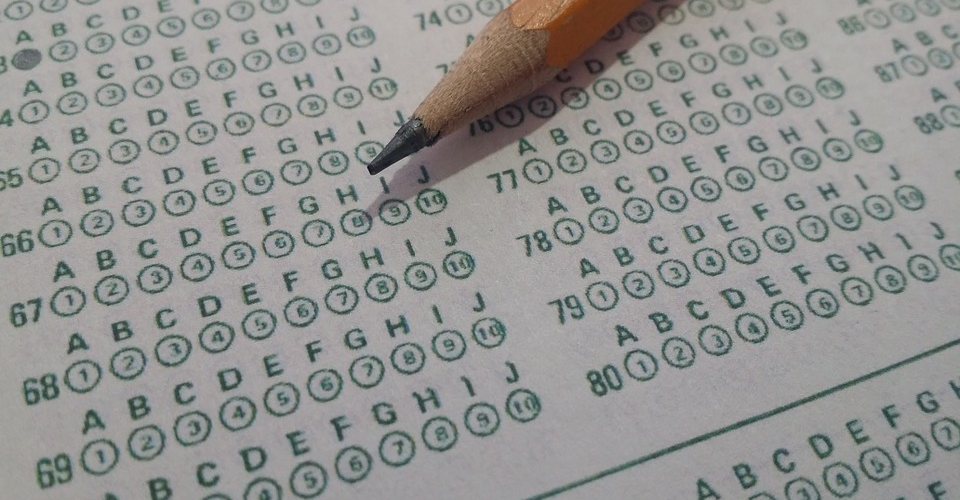What to Expect in the Part 107 Recurrent Knowledge Test
The implementation of the Part 107 rules was one of the most game-changing pieces of drone-related legislation in recent years. With the licensing requirement, commercial drone pilots were compelled to satisfy a baseline proficiency level before they can operate legally. They were also bound to set of flight restrictions that were decidedly stricter than those of recreational flyers.
Three years since implementation, many of the first drone pilots to apply for their Remote Pilot Certificate have had them expire. After all, the drone licenses were only valid for two years. To apply for a renewal, one has to sign up and pass a recurrent knowledge test. How do you sign up for this recurrent knowledge test, and how is it different from the test you took to earn your license?
Does my Remote Pilot Certificate expire after 12 months?

This may seem like we’re just going into semantics, but the Remote Pilot Certificate technically does NOT expire. Even when you pass the recurrent knowledge test, you will be using the same certificate – the FAA does not issue you a new one. However, after a 24-month period of being granted the right to conduct commercial drone flight legally, you will be unable to exercise those right unless you pass the recurrent knowledge test.
So, can you still fly a drone after the 24 months? Certainly, but only under recreational flight rules.
What if the 24-hour period had lapsed and I have not yet taken the recurrent knowledge test?
Again, this should not be a problem because the license itself does not expire. However, the passing score you got for the initial knowledge test is no longer valid; thus the need to take a recurrent knowledge test.
This means that you do not need to go through the first knowledge test as if you are applying for a new license, even if the 24-month period had elapsed. There is no penalty or fine – if anyone tells you otherwise, take the matter to the FAA. We still recommend taking the recurrent knowledge test within the 24-month period.
How to sign up for the recurrent knowledge test
Signing up for the recurrent knowledge test isn’t any different from when you first applied for the Part 107 drone license. The easiest way is to look for the FAA-certified testing center that is nearest and most convenient to you and get in touch with CATS/PSI to book a testing date. You will also need to pay the $150 testing fee again.
How is it different from the first knowledge test?
The recurrent knowledge test is not only shorter (only 40 multiple-choice items) than the certification knowledge test, but it also has a smaller scope. The table below provides a quick overview of how the topics of focus have shifted for the recurrent knowledge test.
| TOPIC | Initial Knowledge Test | Recurrent Knowledge Test |
|---|---|---|
| Regulations | 15 to 25% | 30 to 40% |
| Airspace & Requirements | 15 to 25% | 30 to 40% |
| Weather | 11 to 16% | NONE |
| Loading Performance | 7 to 11% | NONE |
| Operations | 35 to 45% | 20 to 30% |
As you can see, there are two major subject areas that were covered in the initial knowledge test that will no longer show up on the recurrent knowledge test: Weather and Loading Performance. The focus on Operations has also reduced. This should allow you to focus more on the more crucial subject areas: Regulations and Airspace & Requirements.
Since the recurrent knowledge test is shorter, you will only be given 90 minutes to complete it instead of the original 120 minutes. Again, you need to answer 70% of the questions correctly to pass – 28 out of 40 questions, in other words. Like the original knowledge test, questions for the recurrent knowledge test are randomly picked from a larger pool of questions, so each examinee should receive a unique set.
Preparing for the Part 107 recurrent knowledge test
You’ve already passed the first knowledge test, so this should be old hat for you. If you signed up for a paid training course when you prepared for the first one, then you might have the benefit of lifetime access to the same training materials. You don’t need to go overboard, though. Three or four days of focused studying should be enough for you to pass the test.
If you’re not willing to spend a dime to study for the recurrent knowledge test, then there are a couple of excellent free resources. The free study guide in the FAA’s website is good enough, but you can also check out this excellent YouTube channel by RemotePilot 101, which has lots of relevant and free content. The National Geographic website has an excellent primer on sectional charts, which is one of the major areas of focus of the recurrent knowledge test. If you have a couple of sample questions lying around, then it’s always a good idea to go through them after your review sessions.
Of course, you also have the option of signing up for paid training courses. These training courses are priced competitively and offer excellent and well-organized content, lifetime access, and money-back guarantees.
While you’re studying, it’s always good to refer to the topic distribution released by the FAA. According to the people who have already taken and passed the recurrent knowledge test, three topics in particular come up the most: reading sectional charts, airspace classifications, and operational rules. Some of these should come as second nature to you if you’ve been actively flying a drone for the past two years.
What to bring when you show up for the test
When you show up at the testing center, there are two important things you need to have with you: a picture ID, and your original remote pilot certificate. You may be denied from taking the test if you cannot present these requirements.
What happens after I pass the recurrent knowledge test?
Once you have received your successful results on the recurrent knowledge test, there’s really nothing else for you to do. You do not need to go to the IACRA since you will not be receiving a new Remote Pilot Certificate. As we have said, your license does not expire so you can keep on using it.
However, you may need to bring along the results of your recurrent knowledge test whenever you go out for a commercial drone flight mission. This is quite a strange requirement and one that the FAA has not deemed fit to revise. According to the FAA website:
“The FAA does not specify the method by which the certificate holder stores and displays his or her knowledge test report or course completion certificate; however, the certificate holder must provide the documents to the FAA upon request.”
This means that an FAA representative may ask you to see your exam results anytime you are out doing a paid drone job. For now, we have no recourse but to keep that piece of paper with us whenever we fly our drones, as even your Remote Pilot Certificate bears no evidence that you have passed the recurrent knowledge test.
Final thoughts
All in all, the recurrent knowledge test has been an improvement over the initial knowledge test. It has focused on more safety-related topics such as airspace classes without glossing over the relevant flight rules and restrictions. We also like how it’s shorter and much easier to pass for drone pilots who have been doing active flight under Part 107 rules for the past two years.
The requirement to take the recurrent knowledge is not without its critics. Most of the criticism has been pointed to the additional $150 testing fee, not to mention the time and money spent studying for the test and going to the testing center. We believe these are valid concerns, and that the FAA should make the process easier and more systematic. A re-issued Remote Pilot Certificate that displays your renewed status would also be nice.
Sadly, it’s likely that these concerns would only be addressed when the next batch of renewals come up. So, see you in two years, I guess?

